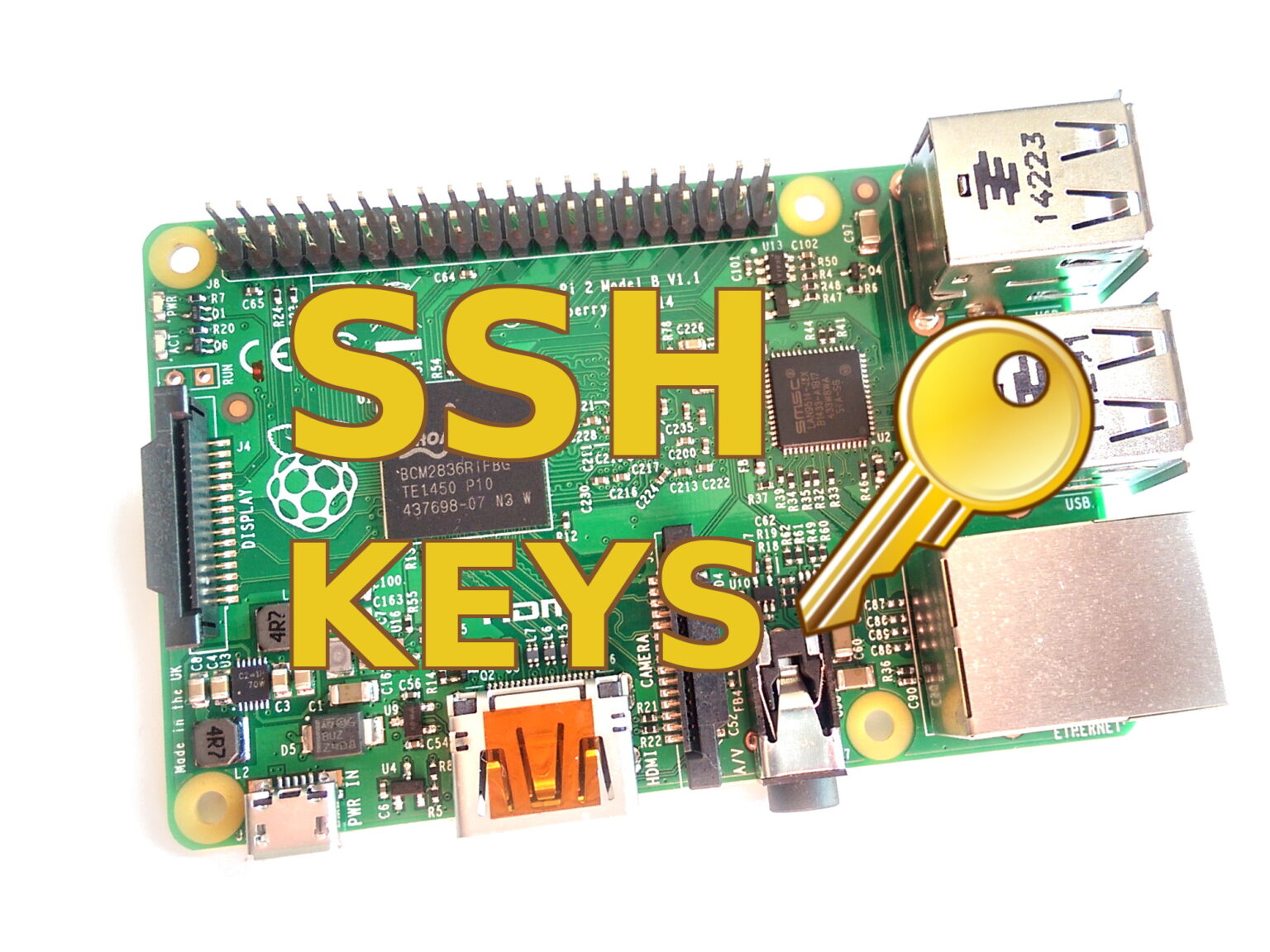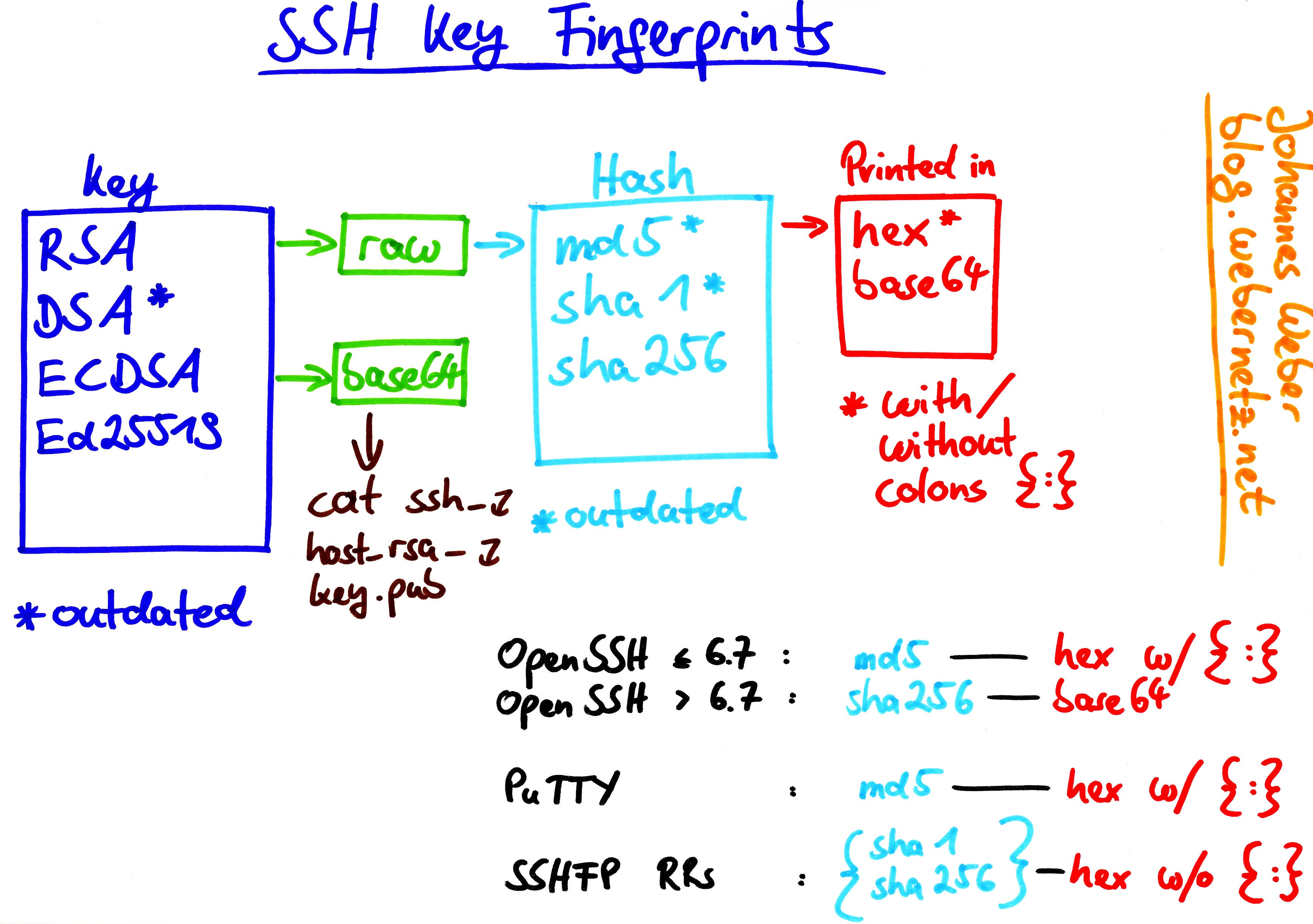RemoteIoT Platform SSH Key: Your Ultimate Guide To Secure Remote Access
Listen up, tech enthusiasts! If you're diving into the world of IoT and remote management, understanding how RemoteIoT platform SSH key works is crucial. It's not just about connecting devices; it's about doing it securely. In this digital age, security is king, and SSH keys are your trusty knights guarding your kingdom of data.
Imagine this: you’ve got a network of smart devices spread across the globe. You need to manage them, update software, and troubleshoot issues—all from the comfort of your office chair. That’s where RemoteIoT comes in, and SSH keys are the golden ticket to making it happen safely. But what exactly are these SSH keys, and why should you care? Stick around, because we’re about to break it down for you.
Now, before we dive deep into the nitty-gritty, let’s clear the air. This isn’t just another tech article filled with jargon. We’re here to make sure you understand RemoteIoT platform SSH key management in a way that’s both simple and effective. Ready? Let’s go!
- Vegamovies 20 The Ultimate Streaming Platform Youve Been Waiting For
- Jackerman Motherrsquos Warmth 3 The Ultimate Guide To Understanding And Embracing The Phenomenon
What is RemoteIoT Platform SSH Key?
Alright, first things first. The RemoteIoT platform SSH key is like a digital handshake that lets your devices talk to each other without anyone eavesdropping. SSH stands for Secure Shell, and it’s a protocol that encrypts data between two points. Think of it as a secret language that only your devices understand. Cool, right?
When you use an SSH key with RemoteIoT, you’re creating a secure tunnel that protects your data from prying eyes. It’s not just about convenience; it’s about safeguarding your network from hackers and unauthorized access. In a world where cyber threats are lurking around every corner, SSH keys are your first line of defense.
Why Use SSH Keys Over Passwords?
Here’s the deal: passwords are so 2010. They’re easy to guess, and if someone gets their hands on yours, you’re in trouble. SSH keys, on the other hand, are way more secure. They’re like a digital fortress that’s nearly impossible to break into. Plus, they save you the hassle of remembering complicated passwords for every device.
- Ullu Web Series 2025 Your Next Bingeworthy Drama
- Sadie Mckenna Nude The Truth Behind The Controversy And What You Need To Know
- SSH keys are harder to crack than passwords.
- They offer a seamless login experience without typing long passcodes.
- SSH keys can be easily revoked if compromised, unlike passwords.
How Does RemoteIoT Platform SSH Key Work?
Let’s get technical for a moment. When you set up an SSH key on the RemoteIoT platform, you’re essentially creating a pair of keys—a public key and a private key. The public key is like a business card that you can share with your devices. The private key, however, is your secret weapon that you keep to yourself.
Here’s how it works: when you try to access a device on the RemoteIoT platform, the device checks your public key against its records. If it matches, it sends a challenge back to you. Your private key then decrypts this challenge, proving that you’re the real deal. Voila! You’re in.
Setting Up SSH Keys on RemoteIoT
Setting up SSH keys might sound intimidating, but trust me, it’s easier than you think. Here’s a step-by-step guide to help you out:
- Generate an SSH key pair using a tool like ssh-keygen.
- Copy the public key to your RemoteIoT platform.
- Secure your private key in a safe location.
- Test the connection to ensure everything is working smoothly.
And there you have it! You’re now ready to manage your IoT devices like a pro.
Benefits of Using SSH Keys with RemoteIoT
So, why should you bother with SSH keys when managing your RemoteIoT platform? Let’s break it down:
- Enhanced Security: SSH keys provide a higher level of security compared to traditional passwords.
- Efficiency: No more typing long passwords every time you access a device.
- Scalability: Easily manage multiple devices without worrying about password fatigue.
- Peace of Mind: Knowing your data is safe from cyber threats is priceless.
These benefits make SSH keys an essential tool for anyone serious about IoT management.
Common Challenges with SSH Keys
As awesome as SSH keys are, they’re not without their challenges. Here are a few common issues you might encounter:
- Key Management: Keeping track of multiple SSH keys can be a hassle.
- Revocation: If a key gets compromised, revoking it quickly is crucial.
- Compatibility: Some older devices might not support SSH keys.
But don’t worry. With a bit of planning and the right tools, these challenges can be easily overcome.
Best Practices for SSH Key Management
Managing SSH keys effectively is key (pun intended) to maintaining a secure IoT network. Here are some best practices to follow:
- Regularly audit your SSH keys to ensure they’re still needed.
- Use a centralized key management system for easier tracking.
- Set expiration dates for your keys to minimize risks.
By following these practices, you’ll keep your network secure and your sanity intact.
SSH Key Security Tips
Security should always be at the forefront of your mind when working with SSH keys. Here are some tips to keep your keys safe:
- Never share your private key with anyone.
- Store your keys in a secure location, preferably encrypted.
- Use strong passphrases to protect your private keys.
Remember, your SSH keys are only as secure as the precautions you take to protect them.
Monitoring SSH Key Activity
Keeping an eye on SSH key activity is essential for detecting any suspicious behavior. Implement logging and monitoring tools to track who’s accessing your devices and when. This way, you can quickly identify and respond to any potential threats.
SSH Key Alternatives
While SSH keys are great, they’re not the only option for securing your RemoteIoT platform. Here are a few alternatives to consider:
- Two-Factor Authentication (2FA): Adds an extra layer of security by requiring a second form of verification.
- Biometric Authentication: Uses fingerprint or facial recognition for login.
- Token-Based Authentication: Generates temporary tokens for access.
Each method has its pros and cons, so choose the one that best fits your needs.
Real-World Applications of RemoteIoT Platform SSH Key
So, how are companies using SSH keys with their RemoteIoT platforms? Let’s take a look at a few real-world examples:
- Smart Agriculture: Farmers use SSH keys to remotely monitor and control irrigation systems.
- Smart Cities: City planners use SSH keys to manage traffic lights and public transportation systems.
- Industrial IoT: Manufacturers use SSH keys to monitor machinery and optimize production lines.
These applications demonstrate the versatility and importance of SSH keys in the IoT space.
Case Study: Company X
Company X, a leading player in the smart agriculture industry, implemented SSH keys on their RemoteIoT platform to enhance security. By doing so, they reduced the risk of unauthorized access and saved time by eliminating the need for passwords. Their success story is a testament to the power of SSH keys in IoT management.
Future of SSH Keys in IoT
As technology continues to evolve, so does the role of SSH keys in IoT. With the rise of quantum computing and AI, new challenges and opportunities will emerge. Staying ahead of the curve is essential for anyone looking to leverage SSH keys effectively.
Experts predict that SSH keys will become even more sophisticated, incorporating advanced encryption techniques and biometric integration. The future looks bright for those who embrace these advancements.
Trends to Watch
Keep an eye on these trends in the world of SSH keys and IoT:
- Quantum-resistant encryption methods.
- Integration with blockchain technology for enhanced security.
- Increased adoption of biometric authentication.
By staying informed, you’ll be better equipped to navigate the ever-changing landscape of IoT security.
Conclusion
And there you have it, folks! The RemoteIoT platform SSH key is your gateway to secure and efficient IoT management. By understanding how SSH keys work and implementing best practices, you can protect your network from cyber threats and streamline your operations.
Now, it’s your turn to take action. Whether it’s setting up SSH keys on your RemoteIoT platform or exploring alternative authentication methods, the choice is yours. Share your thoughts in the comments below, and don’t forget to check out our other articles for more tech insights.
Stay safe, stay secure, and happy managing those IoT devices!
Table of Contents
- What is RemoteIoT Platform SSH Key?
- Why Use SSH Keys Over Passwords?
- How Does RemoteIoT Platform SSH Key Work?
- Setting Up SSH Keys on RemoteIoT
- Benefits of Using SSH Keys with RemoteIoT
- Common Challenges with SSH Keys
- Best Practices for SSH Key Management
- SSH Key Security Tips
- SSH Key Alternatives
- Real-World Applications of RemoteIoT Platform SSH Key
- Telugu Movie Rulez2 Com 2025 Your Ultimate Destination For Telugu Cinema
- Pinayflixtv Your Ultimate Filipino Entertainment Destination

Best Remote IoT Platform SSH Key For Raspberry Pi Secure & Easy!

Remote IoT With SSH Keys On Raspberry Pi Secure Access Guide

RemoteIoT Platform SSH Key Not Working The Ultimate Troubleshooting Guide